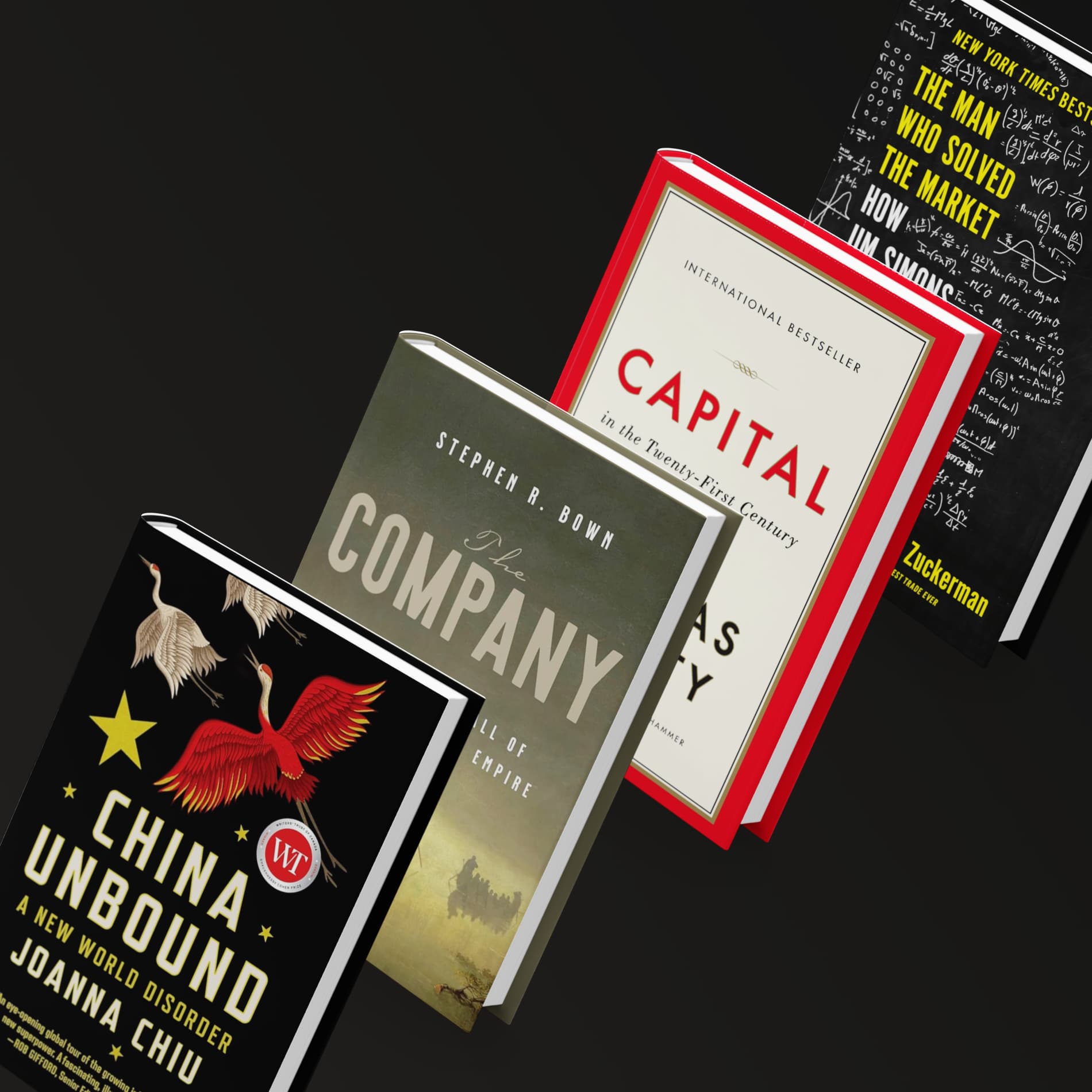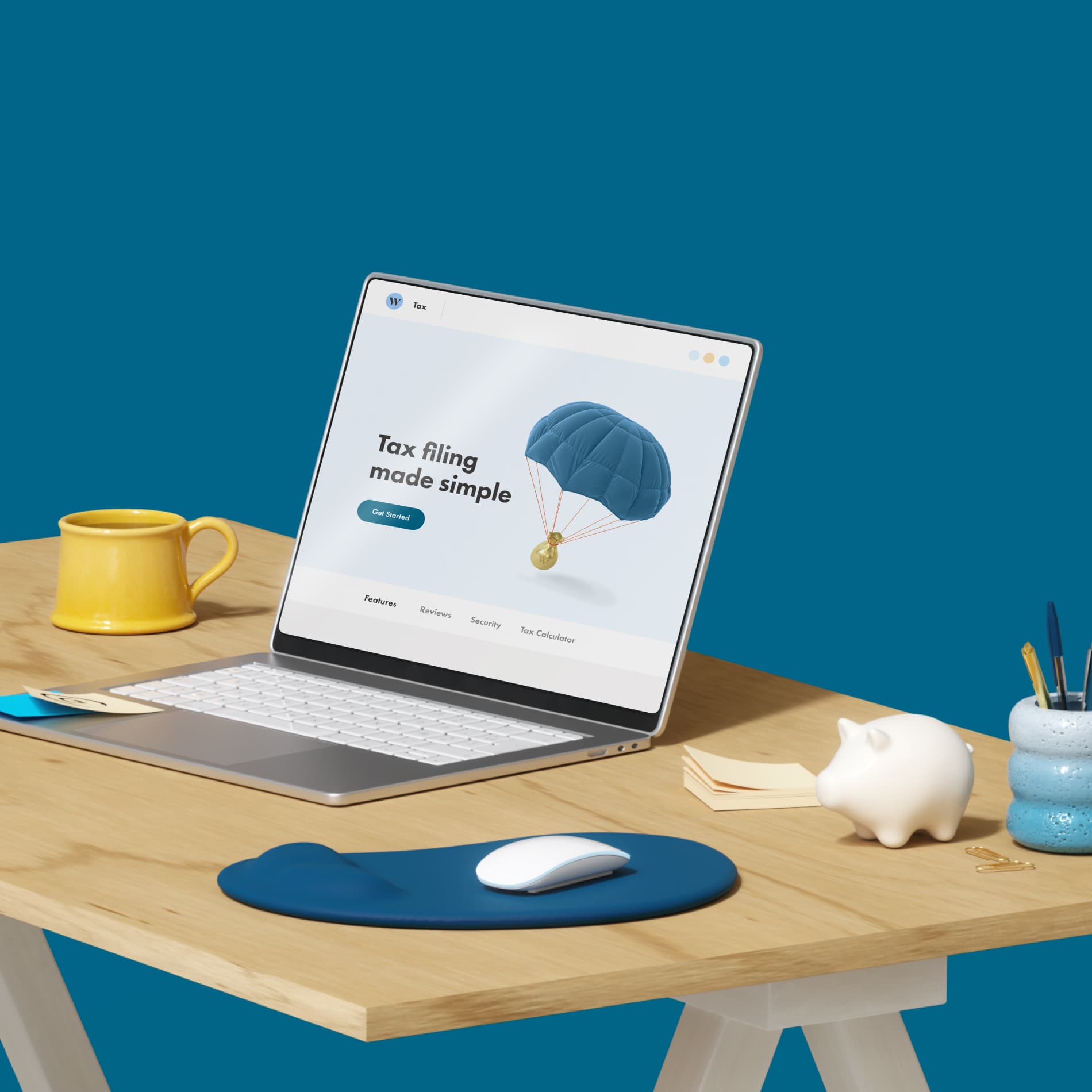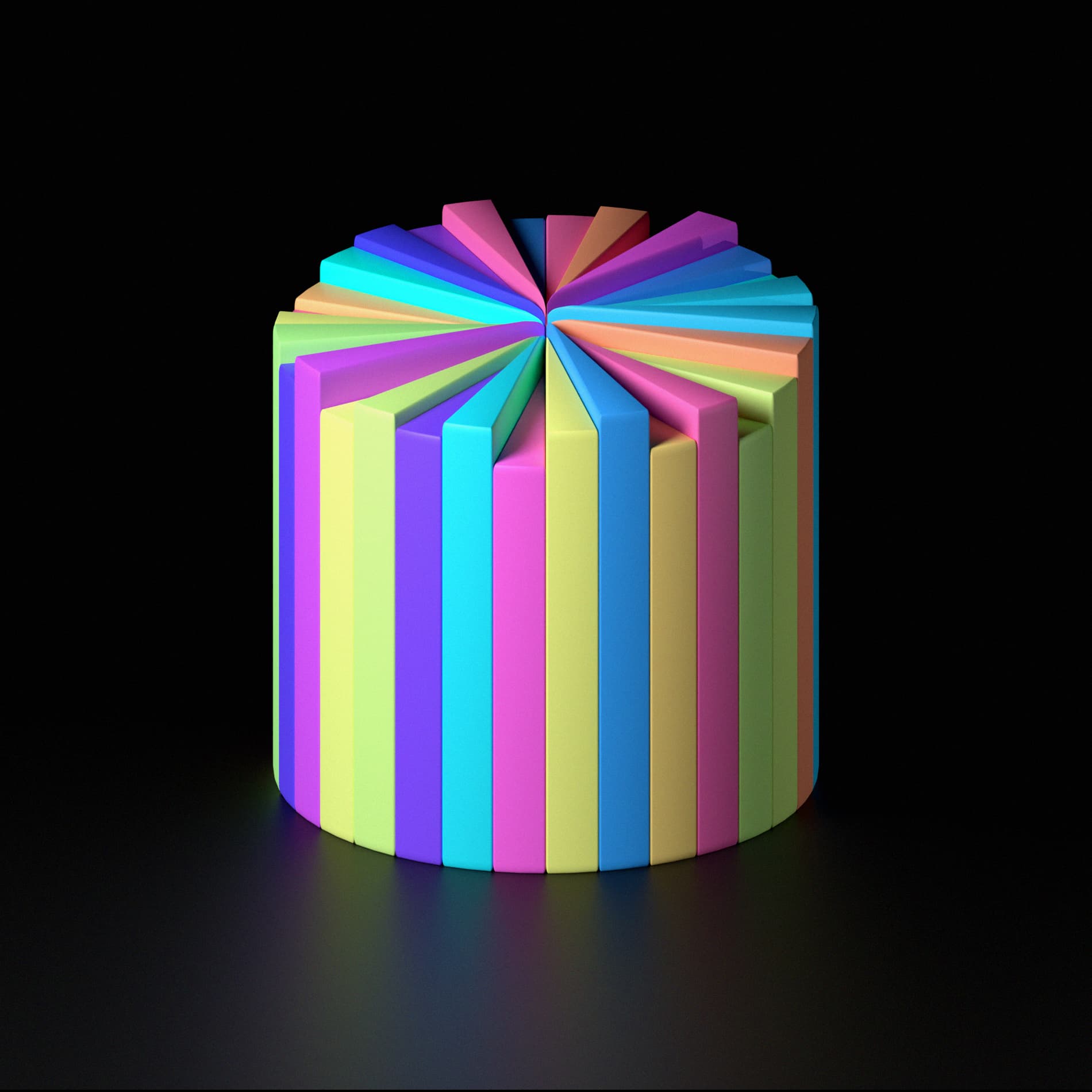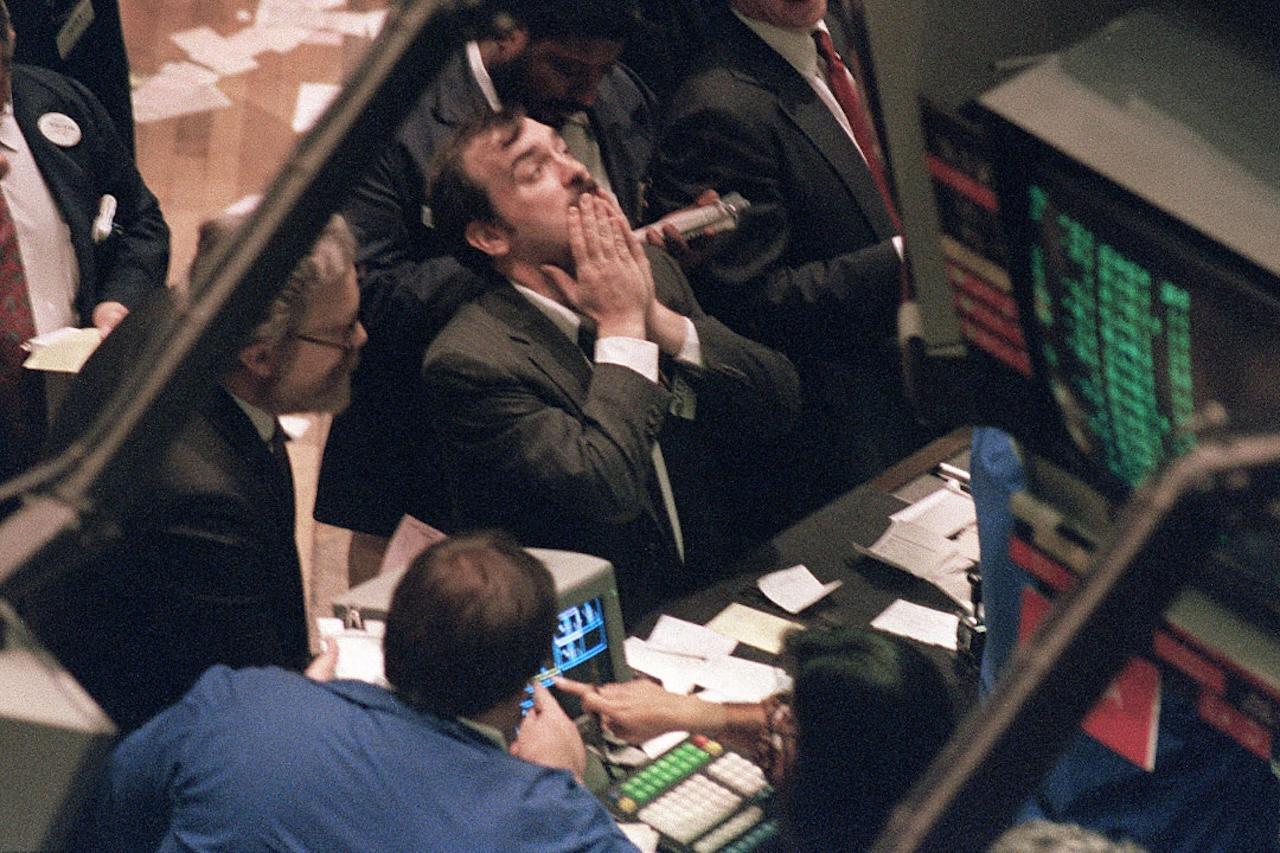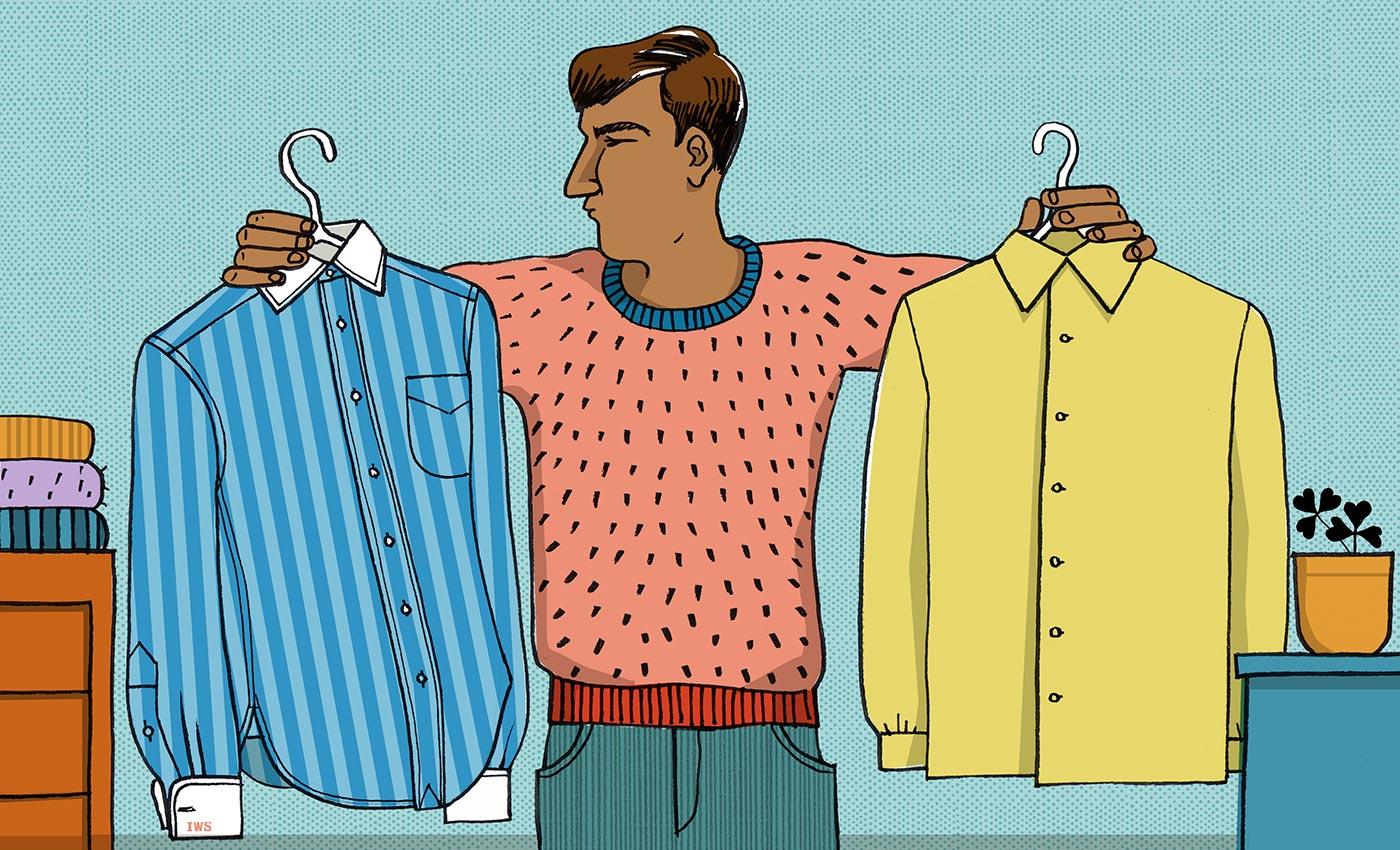
Finance for Humans
Buy Nice or Buy Twice: When Spending Too Much Is the Economical Way to Go
Our favorite buying-stuff experts tackle the age-old question: Can I buy the fancy one?
Wealthsimple makes powerful financial tools to help you grow and manage your money. Learn more
For a lot of us, buying expensive things is an ambivalent, guilt-inducing, anxiety-laden experience. On one hand: Why yes, the expensive one sure looks nicer, like so much nicer, like can I just try it on for a minute? While on the other: I’d never forgive myself; the cheap one does the same thing; I should be saving more money anyway.
Before you go any further: Yes, you should take some of the money you might otherwise blow on super-upscale undershirts and invest it on the regular—we recommend trying our auto-deposit option so you’re not tempted to spend it. But here’s another point that’s slightly less intuitive: Once you’ve done that, sometimes the more expensive option is the smarter one. You just have to make a wise call about when that is.
To help us make the smartest financial decision—that’s what we’re all about here at Wealthsimple—we called up a couple of experts: Andrea Woroch, someone whose entire job is telling people how to save money, and Michael Williams, the preeminent men’s style blogger (don’t believe us? Check out A Continuous Lean), who knows a thing or two about buying really nice stuff. Here’s the advice they gave us about when to buy nice versus when to buy twice.
How Often Are You Going to Use the Thing?
“When you think about splurging on a quality item, think about utility: Will you use this item frequently?” Woroch says when I ask her when it’s OK to blow a lot of money on something you could probably get more cheaply. “Will you use this long-term?” A well-fitting pair of $150 jeans may seem obscenely expensive, but if you wear them three to five days a week—OK, we’re friends here, so let’s be honest, if they’re your favorite pair of jeans, it might be closer to seven days a week—your cost per wear is quite low. Especially since they’ll last longer than a pair of Walmart Wranglers (which will also stretch out and become unflattering after a month of use, trust me).

Sign up for our weekly non-boring newsletter about money, markets, and more.
By providing your email, you are consenting to receive communications from Wealthsimple Media Inc. Visit our Privacy Policy for more info, or contact us at privacy@wealthsimple.com or 80 Spadina Ave., Toronto, ON.
“Good denim is worth it for the quality construction, the fit, and the fabric,” Williams says. “High-end denim wears well, lasts longer, and becomes unique to the person wearing it.”
How Long Will It Last?
Figure out whether the nicer version is going to last longer. “Buying an inferior product may be a waste of money if you’ll have to replace it sooner,” Woroch says. “Over the long term, the higher-quality item may end up costing less.”
Williams takes the advice one step further: There are some costly things that actually look better the older they get. He cites the leather briefcase:“Inexpensive bags are made from inexpensive materials that don't get better with age. A good bag will get better with age and last for a really long time. So instead of buying a new cheap bag every year, you buy one expensive bag every decade or two.”
Ask Yourself: Is There Really a Difference?
We’re firm believers that saving a little bit of money over a long period of time is a game changer when it comes to finances. That’s why we are so obsessed with low fees—half a percentage point may not sound like a lot, but over the course of a lifetime, it adds up. So while it’s clear how much you’ll save buying a used Toyota Corolla hatchback instead of a Bugatti, it may be less obvious how much you’ll save over the course of years buying store-brand dish soap instead of the cool one with the fancy label that supposedly smells like fresh kumquats.
Likewise: A Hanes white undershirt is classic and more affordable than, say, a Calvin Klein one. A flat-screen TV mount has one job, to hold your TV securely, and it’s not worth paying more for one that does the same thing but has better packaging.
Ask Yourself, Is It a Car? Then the Answer Is Buy the More Sensible One
There’s no reason to buy a ridiculously expensive car if all you care about is getting where you’re going in a way that’s reliable and safe. Plus, a new car depreciates, a lot, as soon as you sign on the dotted line. And it just keeps depreciating from there. Not our favorite kind of investment.
And what about gadgets? They may be worse than cars. We’re not saying you shouldn’t upgrade your smartphone. But tech doesn’t usually age well, and what’s expensive now often isn’t expensive later (remember how much flat-screen TVs used to cost?). “Wait until the novelty wears off and the price point becomes more affordable,” Woroch says. “Otherwise, you’re paying a premium to be an early adopter, and there’s typically very little value in that.”
Ask Yourself, Is It a Pair of Dress Shoes? Cashmere? Then Maybe.
“Well-made shoes are often made with a Goodyear welt or with stitch-down construction,” Williams says. “Which means you can get them resoled. So you can easily own a pair of shoes for ten years if you continue to get them reconditioned and resoled.”
Recommended for you
And as far as cashmere, price does matter: “Cheap cashmere may feel soft, but it will pill and wear horribly. Good cashmere actually does hold up better. Italians do it best,” says Williams.
Be Scared of Things that Scream “Victim!”
Remember, in two years not even Kanye will be wearing those $500 Kanye sneakers.
And Don’t Invest in “Anything That Gets Really Sweaty”
So says Williams. Gym socks, etc.
Now for a Quick Guide to Splurge-y Things You Can Feel Good About
Energy-efficient products. Whether it’s for kitchen appliances or lightbulbs, investing the money up front is going to pay off over the years to come.
Furniture. Furniture is something you use daily. And though there might be sticker shock at first, it’s often for a reason: It’s well constructed, comfortable, and built to last.Repeat after us: Those fully Ikea-decorated 900-square-foot apartments only look great when you’re in an actual Ikea.
Transportation. OK, we said that buying a show-offy car isn’t the best move, strictly financially speaking. But remember: Buying a car is not a one-time expense. A clunker off of Craigslist is going to have bad fuel economy and help foster a budding and quite costly friendship with your mechanic.
Things That Make You Feel Really Happy. At the end of the day, it’s your life. So you have to decide what the purpose of your money is. To have the biggest number in your portfolio statement at the end of your life?* No, it’s to enjoy your time on this earth. If a nice pair of Frye boots that will last you decades or a killer road bike that you love riding increases your happiness, well that’s probably worth the investment.
Experiences count double. “We identify with them more closely than with physical products,” Woroch says. “They become part of our identities, and we find joy in reflecting on them.”
However, if every time you see a nice thing, you decide it will make your whole life better—and you’re terrified of opening your credit-card statements—maybe this is a good rule to ignore.
*We do, however, condone making that number in your portfolio statement as large as possible.
Wealthsimple's education team is made up of writers and financial experts dedicated to making the world of finance easy to understand and not-at-all boring to read.
